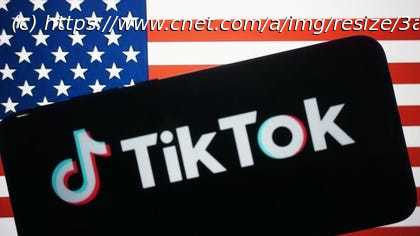The House of Representatives approved legislation that would effectively ban TikTok. Here’s what’s next.
After weeks of being bogged down, legislation that could lead to a ban on TikTok is being fast-tracked by Congress.
The US House on Saturday approved a bill that would require the popular social media platform’s Chinese owner, ByteDance, to sell TikTok to a buyer deemed fit by US officials. The measure, which was attached to an aid package for Ukraine and Israel, now moves to the Senate.
In a statement posted Friday on the platform X, formerly known as Twitter, TikTok said it’s « unfortunate » that the House « is using the cover of important foreign and humanitarian assistance to once again jam through a ban bill that would trample the free speech rights of 170 million Americans, devastate 7 million businesses, and shutter a platform that contributes $24 billion to the U.S. economy, annually. »
The House originally passed legislation in March that would’ve led to a ban unless TikTok was sold off within six months, but the measure failed to gain traction in the Senate. The version currently being considered would extend that time period to nine months, with a potential for an additional three-month extension.
Lawmakers in both political parties have long voiced concerns that the popular video app, which has more than 150 million American users, could be a threat to national security and could be used by the Chinese government to spy on Americans or spread disinformation to further China’s agenda.
TikTok continues to deny those accusations. Ahead of the March vote on the previous legislation, TikTok rallied its US users, calling on them to urge their representatives on Capitol Hill to vote it down.
If the legislation does go into effect and TikTok is ultimately banned, experts say the unprecedented move would undoubtedly prompt legal challenges from free speech advocates, the tech industry and others, especially in the absence of any direct evidence showing Chinese government ties or surveillance.






